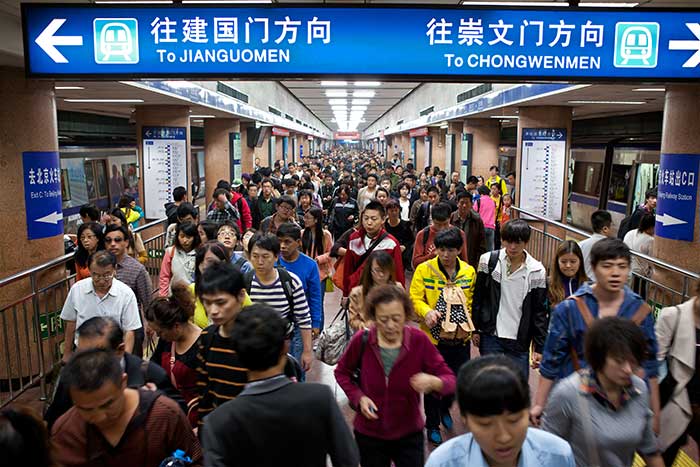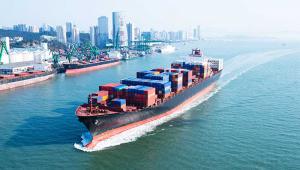A report published this week by the UN Economic and Social Commission for Asia and the Pacific stressed the connection between good governance and progress in areas like education, health and social protection.
Corruption, for instance, reduces the public resources spent in these areas, while better governance has shown to increase the beneficial impact of spending in areas like child mortality and attainment in primary education.
The report estimates that between 2005 and 2014 the impact of better governance and effective policy implementation on public sector efficiency rose as high as a factor of 57% in Georgia’s health sector and 32% in education in Indonesia.
As well as ensuring available resources are used better, improved governance could help raise funds by boosting low levels of tax collection in Asia-Pacific, the report continued.
It noted that changes would help create more space for higher spending on social protection in the region, which currently lags 3.3 percentage points behind the global average of 8.6.
To improve fiscal governance, Asia-Pacific countries should look to improve transparency and accountability, including through considering mandatory financial asset disclosure for public officials and ensuring the fiscal information published is meaningful.
Electronic tax and benefit systems can bring substantial efficiency gains and ensure better collection, it continued, adding that there is “considerable room” to strengthen both internal and external audit functions in a number of Asia-Pacific countries.
It called for improved information flows across governments, especially as in Asia-Pacific different tax bases are often monitored by different government departments, and fiscal devolution to deliver greater ownership of local revenues and improved accountability and efficiency.
Underscoring all of this, UNESCAP continued, is protecting the region’s growth.
Echoing an earlier warning from the World Bank, the report stressed that threats such as rising trade protectionism and global uncertainty could wipe as much as 1.2 percentage points off Asia-Pacific’s average growth in 2017.
Its executive secretary, Shamshad Akhtar, stressed that future economic expansion will rely on productivity gains, which in turn requires effective institutions and better governance.
Ensuring the effective use of public resources will be critical in this regard, she continued, adding that policymakers will also “need to address social and environmental challenges in order to improve the quality of this growth”.
Proactive and effective fiscal governance can also help to tackle other key challenges for the region, it said. Climate change, for example, poses a greater threat in Asia-Pacific than it does elsewhere, while the region’s economies use twice as many resources per dollar of GDP than the rest of the world.
Governments could look to create an enabling financing system for a greener future, it said, making use of instruments like carbon trading and green bonds.














